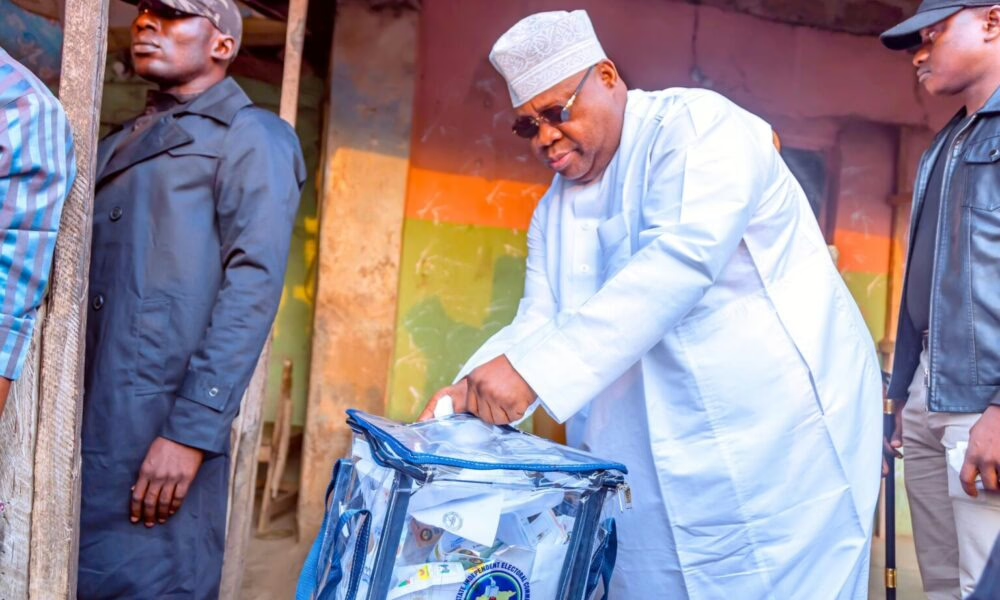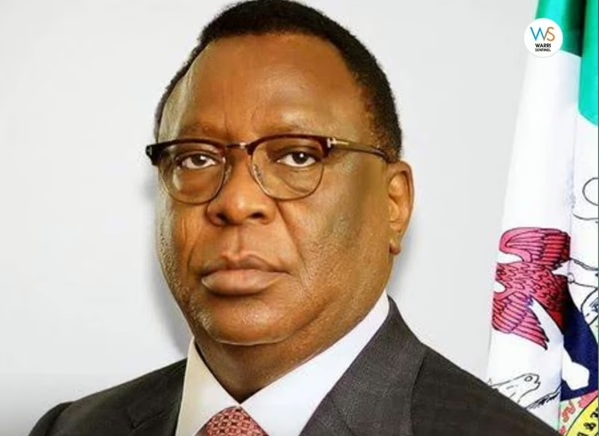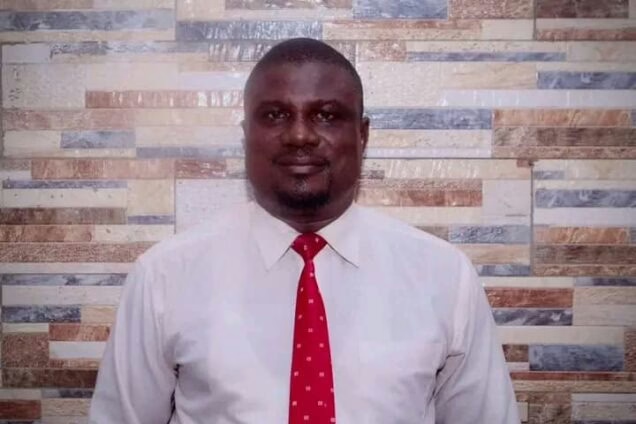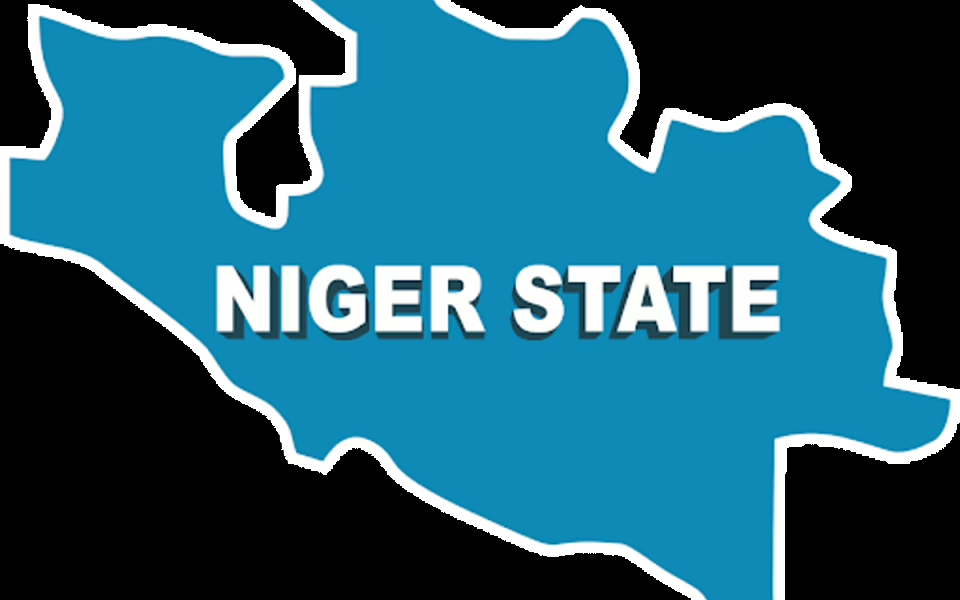“In these hard times, let me be your sailor’s sweet song above the scream of the storm; the sonorous symphony in the teeth of agony.” – Ayo Oyoze Baje (Prelude poem as excerpt from ‘Petals and Thorns, 1994)
That Nigeria, our dear nation, is not ranked amongst the top ten fastest developing economies in Africa is a painful paradox of persisting poor leadership delivery over the decades. Listed amongst the notable ones are Niger, Senegal, Libya, Rwanda, Cote d’ Ivoire, Djbouti, Ethiopia, the Gambia and the Republic of Benin in that order. In fact, according to Euromonitor Internationals’ Macro Model, the top five emerging Asian countries with high Gross Domestic Product, GDP as at 2024 include India, the Philippines, Vietnam, Indonesia and China.
Considered from the global perspective, the factors that drive economic growth are natural resources, capital considered as the amount of financial resources available to create jobs as well as to pay living wages. Other factors include technology, labour force, transportation and communication. Not left out are education and training, exchange rate, institutions, the aggregate demand, savings and investment rates , entrepreneurship, population growth, social overheads,, migration of labour and capital, budgeting and fiscal policies and of course governor efficiency. That last listed factor has unfortunately remained the recurring ugly decimal in Nigeria’s economic growth, with the self-serving political elite leaving the long-suffering Nigerians poorer than they met us. What a pity!
In fact, Nigeria’s economy is still considered a middle -income, mixed economy though it has the potential of an emerging one with an expanding manufacturing, financial service. That is in addition to communication, technology and entertainment sectors. But so bad is the situation of an inclement operational environment worsened by epileptic electric power supply, decrepit infrastructure and high tax regime that since the All Progressives Congress (APC) political party took over the reign of power in 2015 some 50 multinational companies have exited the country. The attendant effects include massive job losses, increasing poverty and hunger indexes and soaring spin-off challenge of insecurity.
Advertisement
Unfortunately, we have been bedeviled with self-righteous and chest-beating political leaders who keep justifying their anti-people policies all because they do not wear our tattered shoes and cannot feel where they pinch us. But with the groaning in the land worsening by the day the time is ripe for a reversal of some of these harsh economic policies, or a retooling of the paradigm in favour of the people. That is, instead of being skewed to satisfy the growing greed of the avaricious political leaders. So, what should they be doing differently, more so now on 2025? That is the million – naira question.
The answers are however, not far-fetched. What it takes is the political will for both the executive and legislative arms of government to diversify the economic base away from too much reliance on crude oil. Areas to be considered are agricultural revolution, tourism and the entertainment sectors. And that brings to the fore the significance of supporting local businesses; especially small and medium scale enterprises with funding and facilities by the government. There should also be a sustained media promotion for Nigerians to patronize locally made goods. But for such business enterprises to thrive the government should provide a clement business environment. Apart from improving access to reliable electric power power supply by finding lasting solution to the frequent collapse of the national grid, it should reduce trade barriers, improve trade facilitation and do away with obnoxiously high taxes and multiple ones.
With all these policies firmly in place Mister President does not need to go to other countries asking for Foreign Direct Investment (FDI). Rather, they would be the ones pleading to come and invest here. We should not be putting the cart before the horse. If the obstacles to trade and investment are drastically reduced, and if there is enhanced confidence in our currency valuation, removal of limited exchange capacity our productive capacity will be enhanced. These should be done along with well-articulated human capacity development and integrated information and communication technology. All these would also reduce the issue of mass unemployment of young graduates. Yet, there is another rampaging monster to be frontally confronted. That is corruption in high places.
To move forward, and be recognized with regards to faster economic development transparency, probity and accountability should be our politicians’ moving mantra. Prudence is the way to go. What that means is for the Revenue Mobilization Allocation and Fiscal Commission (RMAFC) to retool the current humongous pay packages of our elected and selected political leaders. It amounts to an insult on our collective psyche for them to be living large, driving around with convoys of exotic jeeps in this moment of economic hardship and asking us to keep enduring it all. If Jose Mujica, the then President of Uruguay (2010-2015) could give off 90% of his salary to charity and relocate to the village farm along with his wife to truly share in the pains of their people, and if Mario Draghi, who became the Prime Minister of Italy back in 2021 could sacrifice his salary of €115,000 to stabilize the country economy, surely our current political helmsmen can borrow a fresh leaf from such worthy examples.
All said, a holistic restructuring of Nigeria’s polity and the enthronement of true fiscal federalism have become the sine qua non to achieving good leadership here in Nigeria. All it takes on the part of our politicians is the sacrifice of greed for gains, the institution of pro-people policies and being driven by the national interest for our common good. If Lee Kwan Yew could do so for the one poverty-ridden Singapore and Paul Ngame could achieve a similar feat for the once genocide- traumatized Rwanda our policy makers and those who implement them can do so, and even more. That should be part of their new year resolutions for 2025. It does not take rocket science.











